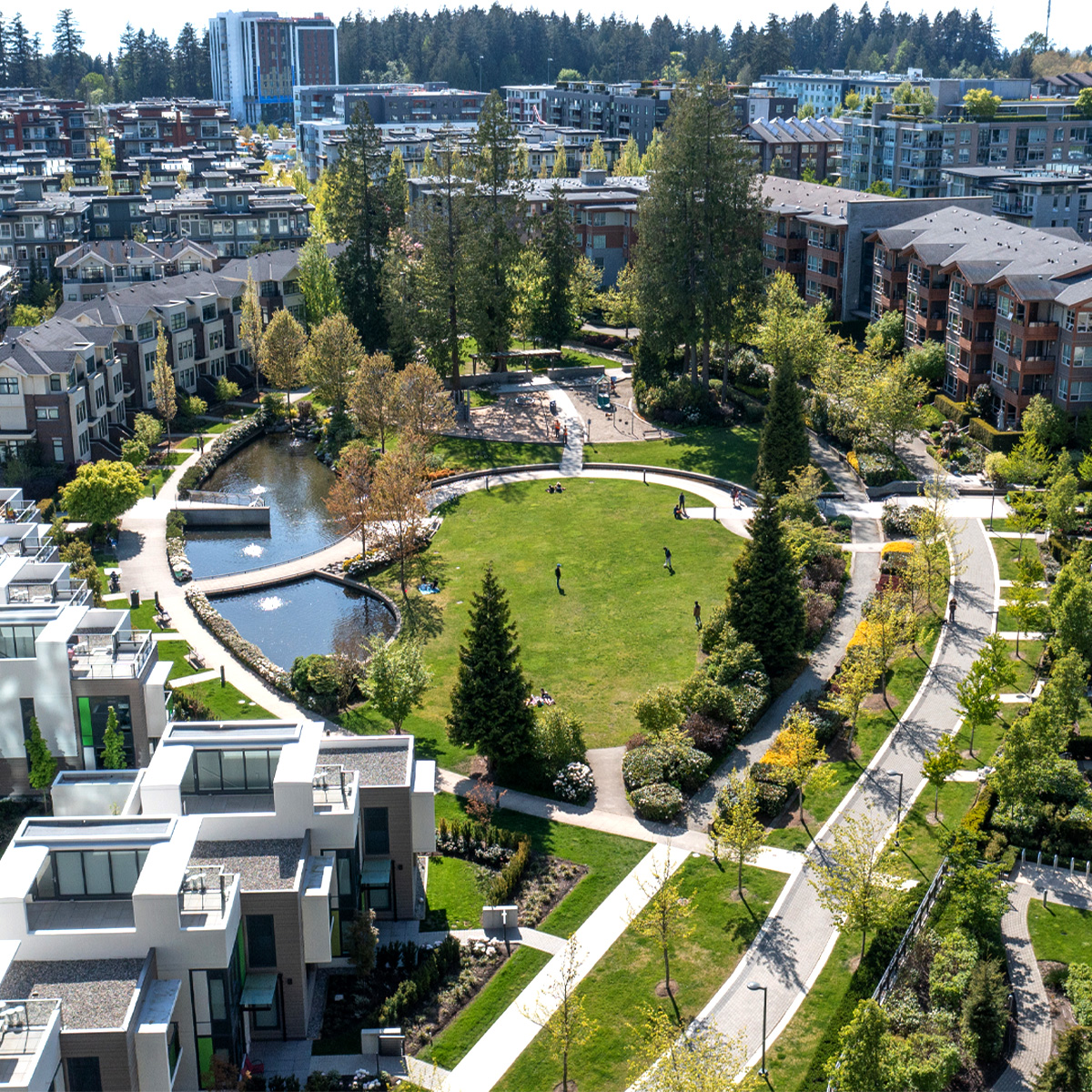UNA directors have voiced concerns with the University of British Columbia’s plan to tackle climate change.
The move came during the monthly meeting Sept. 19 during a presentation on UBC’s Neighbourhood Climate Action Plan by staff from the university’s campus and community planning group. The plan lays out how the university will address the effects of climate change in residential areas on campus.
Central to the UBC plan is a goal to eliminate greenhouse gas emissions in UBC’s residential neighbourhoods and mitigate the effects of climate change by focusing on areas such as waste management, transportation, housing, neighbourhood infrastructure, ecology, and climate preparedness.
During the presentation, Kerry Shaw, a senior planner with campus and community planning, described the plan as “the neighbourhood piece of UBC’s response to the climate emergency that was declared in December 2019.”
As for the plan’s goals, Shaw told UNA directors that “UBCs residential neighbourhoods will achieve net zero core community emissions by 2050.”
By 2050, she said, the residential neighbourhoods will be “a climate-resilient community that is ready for the impacts of a changing climate.”
UNA director Murray McCutcheon questioned the plan’s timeline for achieving net zero emissions.
“Twenty-seven years from now, we will have a resilient community that is ready for the impacts of a changing climate,” McCutcheon said. “That seems like a woefully inadequate goal for an institution of this nature.”
“We have a leading research institution that’s building a community, a city from scratch, and we’re saying, you know, by the time our kids are mid-career, we might be ready,” McCutcheon said.
“By mid-century, trust us, we’ll be there, and we’ll be ready for a changing climate. Can we do better than that?”
In response, Shaw said, “We hope to be able to go stronger and faster than that.”
She added there was a considerable work to do to achieve net zero in the neighbourhoods, including building retrofits and introducing cooling to existing buildings.
But Chris Fay, the campus planning unit’s strategic policy director, acknowledged McCutcheon’s point. “That’s something for us to take back and think about if that’s the right level of language and commitment to have,” he said.
Discussion around the plan is expected to continue this fall with several public initiatives planned, including public workshops and sessions focused on stakeholder groups such as the UNA board and the University Communities for Sustainable Development advocacy group.
Off-leash dog park
Directors passed a motion to establish a working group to look at possible sites for an off-leash dog park within the university neighbourhoods.
The board was told that UBC Properties Trust, UBC’s land development company, considered an off-leash dog area in 2019. The report from Sundance Topham, the UNA’s chief administrative officer, said the site then under consideration was an open parcel of land next to the Georgia Point building on Ross Drive at the northwest terminus of the South Campus Greenway. But the plans never progressed.
During discussion, directors raised noise and environmental concerns given its proximity to residential areas and the UBC farm.
Carole Jolly UBC’s director of community development and engagement, said that despite the drawbacks, the Georgia Point site should still be considered as part of a broader process that considers more sites.
Topham said detailed cost have yet to be determined but estimated that the total could range from $100,000 to $200,000 once items such as landscaping, installation of benches, fencing, and signage were included.
Toxicology concerns
During discussion of a project to replace Wesbrook community field—also known as UNA community field—director Eagle Glassheim asked about the use of microplastics on the field.
Glassheim said that residents and UNA board members have raised concerns about the environmental and health impacts of microplastics now used on the field.
He said he had found microplastic beads that form part of the field’s surface as far away as 60 metres and that residents had complained about the beads being brought home by their children.
Glassheim asked Wegland Sit, the association’s operations manager, whether alternative materials are being considered.
Sit said that while alternatives were being looked at, including one which would incorporate biodegradable materials, factors such as Vancouver’s climate would have to be considered. He said he would have more details at the board’s October meeting.
E-bike share coming
An e-bike share program will be expanding to the UBC campus this fall.
Jolly said the e-bike sharing company, Mobi by Shaw Go, will install five e-bike stations on campus over the next few months, including one in Wesbrook Place, with an additional five stations installed by next summer.
The first two stations are expected to be set up by the end of October and will be located in front of the Irving K. Barber Learning Centre and the War Memorial Gym.
Mobi by Shaw Go now serves Vancouver with 500 e-bikes and 2,000 pedal bikes with 250 stations, according to the company’s website.
The agenda and the reports discussed during the meeting are available on the UNA’s website at https://www.myuna.ca/board-meetings/.
EMMANUEL SAMOGLOU IS MANAGING EDITOR OF THE CAMPUS RESIDENT
